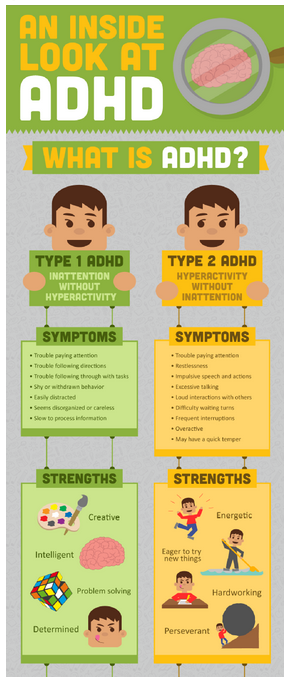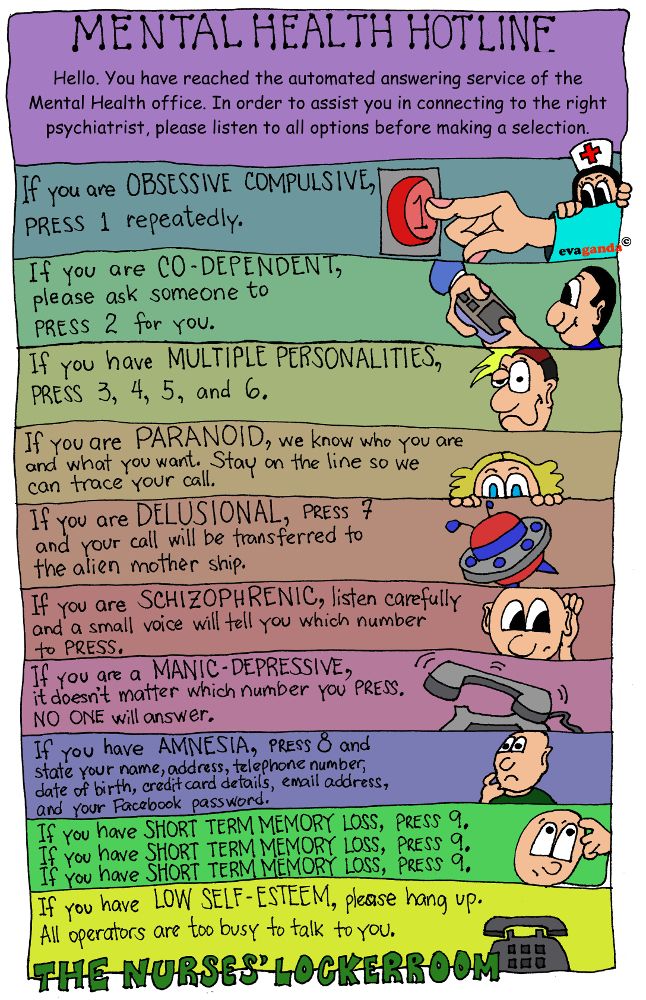Children with odd symptoms
Oppositional Defiant Disorder (ODD) in Children
ABOUT CAUSES DIAGNOSIS TREATMENT NEXT STEPS
What is oppositional defiant disorder (ODD) in children?
Oppositional defiant disorder (ODD) is a type of behavior disorder. It is mostly diagnosed in childhood. Children with ODD are uncooperative, defiant, and hostile toward peers, parents, teachers, and other authority figures. They are more troubling to others than they are to themselves.
What causes ODD in a child?
Experts don’t know what causes ODD. But there are 2 main theories for why it occurs:
- Developmental theory. This theory suggests that the problems start when children are toddlers. Children and teens with ODD may have had trouble learning to become independent from a parent or other main person to whom they were emotionally attached.
Their behavior may be normal developmental issues that are lasting beyond the toddler years.
- Learning theory. This theory suggests that the negative symptoms of ODD are learned attitudes. They mirror the effects of negative reinforcement methods used by parents and others in power. The use of negative reinforcement increases the child’s ODD behaviors. That’s because these behaviors allow the child to get what he or she wants: attention and reaction from parents or others.
Which children are at risk for ODD?
ODD is more common in boys than in girls. Children with these mental health problems are also more likely to have ODD:
- Mood or anxiety disorders
- Conduct disorder
- Attention-deficit/hyperactivity disorder (ADHD)
What are the symptoms of ODD in a child?
Most symptoms seen in children and teens with ODD also happen at times in other children without it. This is very true for children around ages 2 or 3, or during the teen years. Many children tend to disobey, argue with parents, or defy authority. They may often behave this way when they are tired, hungry, or upset. But in children and teens with ODD, these symptoms happen more often. They also interfere with learning and school adjustment. And in some cases, they disrupt the child’s relationships with others.
This is very true for children around ages 2 or 3, or during the teen years. Many children tend to disobey, argue with parents, or defy authority. They may often behave this way when they are tired, hungry, or upset. But in children and teens with ODD, these symptoms happen more often. They also interfere with learning and school adjustment. And in some cases, they disrupt the child’s relationships with others.
Symptoms of ODD may include:
- Having frequent temper tantrums
- Arguing a lot with adults
- Refusing to do what an adult asks
- Always questioning rules and refusing to follow rules
- Doing things to annoy or upset others, including adults
- Blaming others for the child’s own misbehaviors or mistakes
- Being easily annoyed by others
- Often having an angry attitude
- Speaking harshly or unkindly
- Seeking revenge or being vindictive
These symptoms may seem like other mental health problems.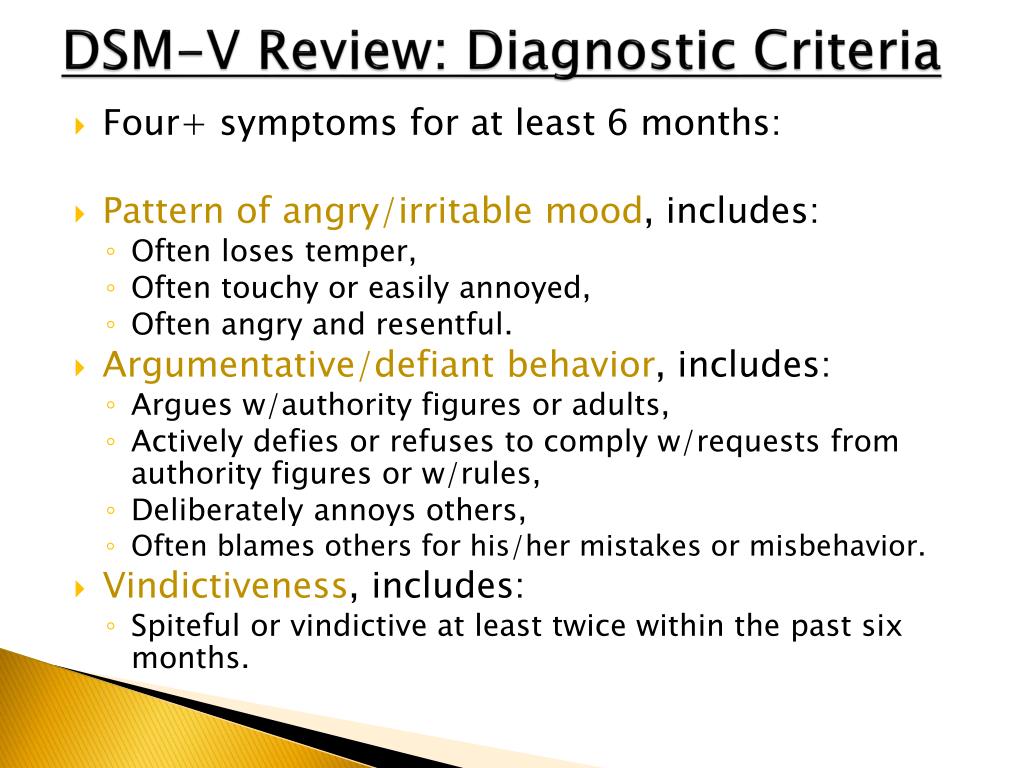 Make sure your child sees his or her healthcare provider for a diagnosis.
Make sure your child sees his or her healthcare provider for a diagnosis.
How is ODD diagnosed in a child?
If you see symptoms of ODD in your child or teen, get a diagnosis right away. Early treatment can often prevent future problems.
Before a mental health referral is made, your child's healthcare provider will want to rule out any other health problems. Once this is done, a child psychiatrist or qualified mental health expert can diagnose ODD. He or she will talk with you and your child's teachers about your child’s behavior. He or she may also watch your child. In some cases, your child may need mental health testing.
How is ODD treated in a child?
Early treatment can often prevent future problems. Treatment will depend on your child’s symptoms, age, and health. It will also depend on how bad the ODD is.
Children with ODD may need to try different therapists and types of therapies before they find what works for them.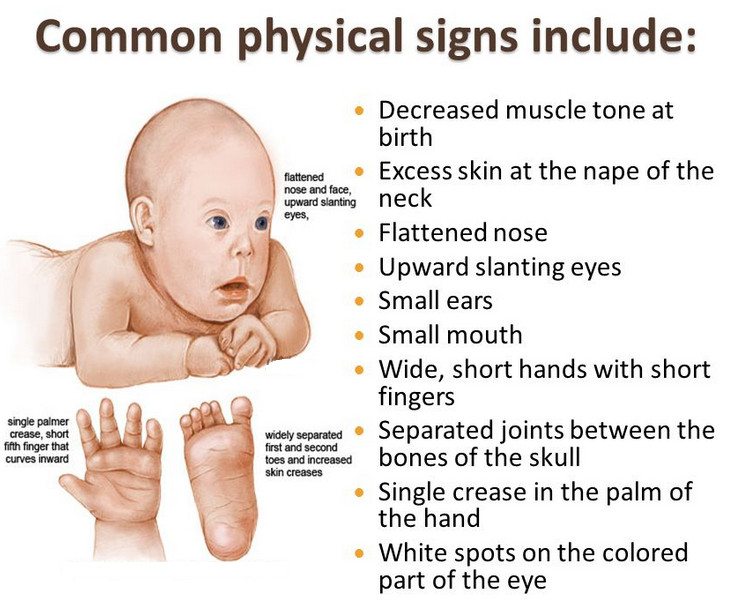 Treatment may include:
Treatment may include:
- Cognitive-behavioral therapy. A child learns to better solve problems and communicate. He or she also learns how to control impulses and anger.
- Family therapy. This therapy helps make changes in the family. It improves communication skills and family interactions. Having a child with ODD can be very hard for parents. It can also cause problems for siblings. Parents and siblings need support and understanding.
- Peer group therapy. A child learns better social skills.
- Medicines. These are not often used to treat ODD. But a child may need them for other symptoms or disorders, such as ADHD or anxiety disorders.
How can I help prevent ODD in my child?
Experts don’t know what causes ODD. But certain approaches can help prevent the disorder. Young children may be helped by early intervention programs. These can teach them social skills and how to deal with anger. For teens, talk therapy (psychotherapy), learning social skills, and getting help with schoolwork can all help reduce problem behaviors. School-based programs can also help to stop bullying and improve relationships among teens.
But certain approaches can help prevent the disorder. Young children may be helped by early intervention programs. These can teach them social skills and how to deal with anger. For teens, talk therapy (psychotherapy), learning social skills, and getting help with schoolwork can all help reduce problem behaviors. School-based programs can also help to stop bullying and improve relationships among teens.
Parent-management training programs are also important. These programs teach parents how to manage their child’s behavior. Parents learn positive reinforcement methods, and also how to discipline their child.
How can I help my child live with ODD?
Early treatment for your child can often prevent future problems. Here are things you can do to help:
- Keep all appointments with your child’s healthcare provider.
- Take part in family therapy as needed.
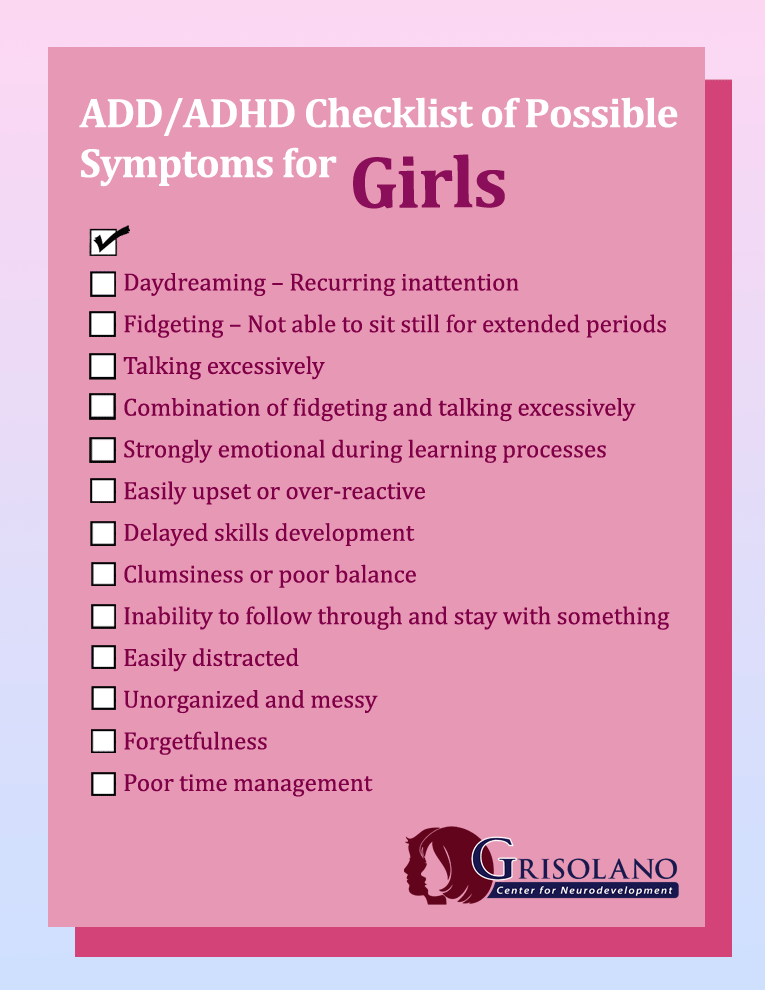
- Talk with your child’s healthcare provider about other providers who will be included in your child’s care. Your child may get care from a team that may include counselors, therapists, social workers, psychologists, school psychologists, school counselors, and psychiatrists. Your child’s care team will depend on his or her needs and how serious the disorder is.
- Tell others about your child’s conduct disorder. Work with your child’s healthcare provider and school to create a treatment plan.
-
If ODD greatly interferes with your child’s ability to succeed in school, he or she may be eligible for certain protections and reasonable accommodations under the Americans with Disabilities Act (ADA) or Section 504 of the Civil Rights Act. Talk with your your child’s teacher and school principal about how to get more information.
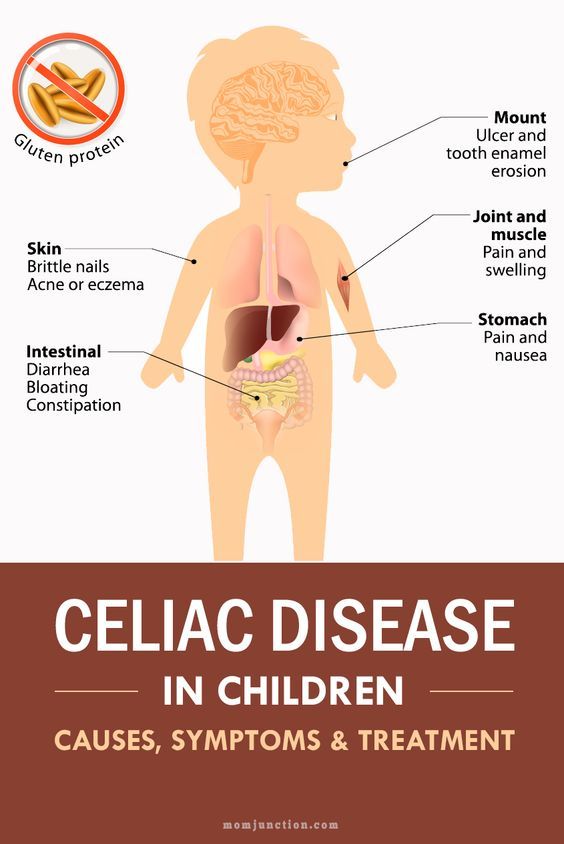
- Reach out for support. Being in touch with other parents who have a child with ODD may be helpful. If you feel overwhelmed or stressed out, talk with your child’s healthcare provider. He or she may direct you to a support group for caregivers of children with ODD.
When should I call my child’s healthcare provider?
Call your child’s healthcare provider right away if your child:
- Feels extreme depression, fear, anxiety, or anger toward him or herself or others
- Feels out of control
- Hears voices that others don’t hear
- Sees things that others don’t see
- Can’t sleep or eat for 3 days in a row
- Shows behavior that concerns friends, family, or teachers, and others express concern about this behavior and ask you to seek help
Call 911 if your child has suicidal thoughts, a suicide plan, and the means to carry out the plan.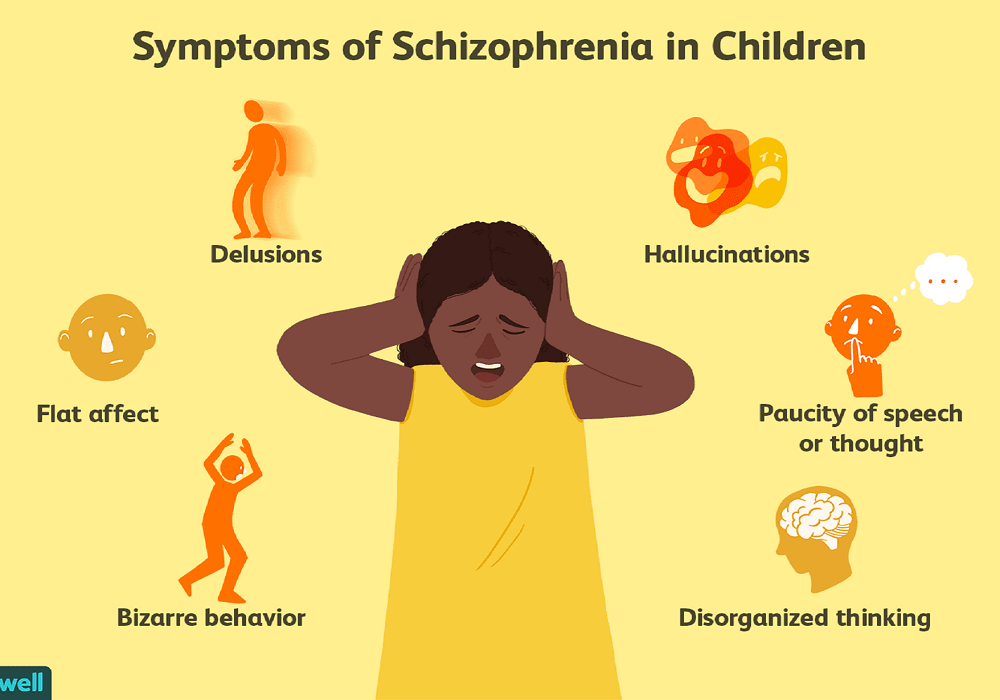
Key points about ODD in children
- Oppositional defiant disorder (ODD) is a type of behavior disorder. Children with ODD are uncooperative, defiant, and hostile toward peers, parents, teachers, and other authority figures.
- Developmental problems may cause ODD. Or the behaviors may be learned.
- A child with ODD may argue a lot with adults or refuse to do what they ask. He or she may also be unkind to others.
- A mental health expert often diagnoses ODD.
- Therapy that helps the child get along better with others is the main treatment. Medicines may be needed for other problems, such as ADHD.
Next steps
Tips to help you get the most from a visit to your child’s healthcare provider:
- Know the reason for the visit and what you want to happen.

- Before your visit, write down questions you want answered.
- At the visit, write down the name of a new diagnosis, and any new medicines, treatments, or tests. Also write down any new instructions your provider gives you for your child.
- Know why a new medicine or treatment is prescribed and how it will help your child. Also know what the side effects are.
- Ask if your child’s condition can be treated in other ways.
- Know why a test or procedure is recommended and what the results could mean.
- Know what to expect if your child does not take the medicine or have the test or procedure.
- If your child has a follow-up appointment, write down the date, time, and purpose for that visit.
- Know how you can contact your child’s provider after office hours. This is important if your child becomes ill and you have questions or need advice.
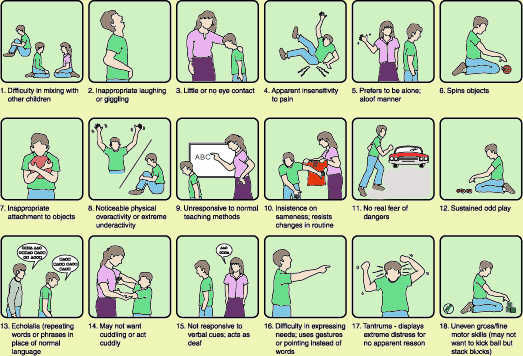
Oppositional defiant disorder (ODD) - Symptoms and causes
Overview
Even the best-behaved children can be difficult and challenging at times. But oppositional defiant disorder (ODD) includes a frequent and ongoing pattern of anger, irritability, arguing and defiance toward parents and other authority figures. ODD also includes being spiteful and seeking revenge, a behavior called vindictiveness.
These emotional and behavioral issues cause serious problems with family life, social activities, school and work. But as a parent, you don't have to try to manage a child with ODD alone. Your health care provider, a mental health professional and a child development expert can help.
Treatment of ODD involves learning skills to help build positive family interactions and to manage problem behaviors. Other therapy, and possibly medicines, may be needed to treat related mental health conditions.
Other therapy, and possibly medicines, may be needed to treat related mental health conditions.
Products & Services
- Book: Mayo Clinic Guide to Raising a Healthy Child
Symptoms
Sometimes it's difficult to recognize the difference between a strong-willed or emotional child and one with oppositional defiant disorder. It's common for children to show oppositional behavior at certain stages of development.
Symptoms of ODD generally begin during preschool years. Sometimes ODD may develop later, but almost always before the early teen years. Oppositional and defiant behaviors are frequent and ongoing. They cause severe problems with relationships, social activities, school and work, for both the child and the family.
Emotional and behavioral symptoms of ODD generally last at least six months.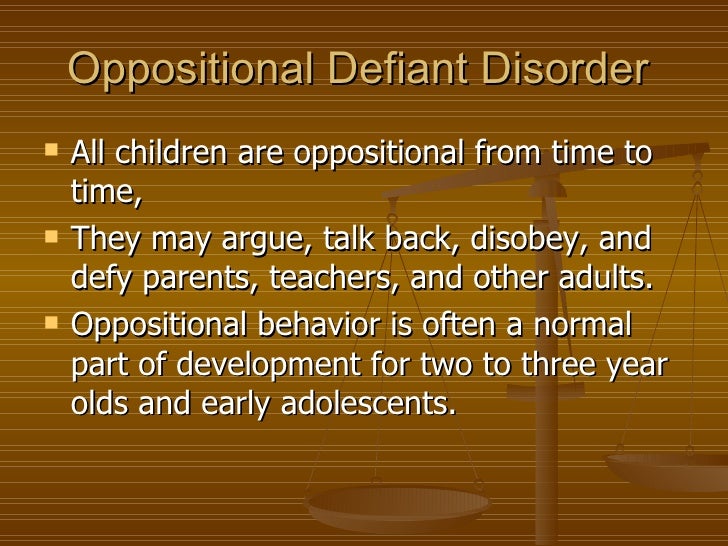 They include angry and irritable mood, argumentative and defiant behavior, and hurtful and revengeful behavior.
They include angry and irritable mood, argumentative and defiant behavior, and hurtful and revengeful behavior.
Angry and irritable mood
- Often and easily loses temper.
- Is frequently touchy and easily annoyed by others.
- Is often angry and resentful.
Argumentative and defiant behavior
- Often argues with adults or people in authority.
- Often actively defies or refuses to follow adults' requests or rules.
- Often annoys or upsets people on purpose.
- Often blames others for their own mistakes or misbehavior.
Hurtful and revengeful behavior
- Says mean and hateful things when upset.
- Tries to hurt the feelings of others and seeks revenge, also called being vindictive.
- Has shown vindictive behavior at least twice in the past six months.
Severity
ODD can be mild, moderate or severe:
- Mild.
 Symptoms occur only in one setting, such as only at home, school, work or with peers.
Symptoms occur only in one setting, such as only at home, school, work or with peers. - Moderate. Some symptoms occur in at least two settings.
- Severe. Some symptoms occur in three or more settings.
For some children, symptoms may first be seen only at home. But with time, problem behavior also may happen in other settings, such as school, social activities and with friends.
When to see a doctor
Your child isn't likely to see their own behavior as a problem. Instead, your child will probably complain about unreasonable demands or blame others for problems.
If you think your child may have ODD or other problem behavior, or you're concerned about your ability to parent a challenging child, seek help from a child psychologist or a child psychiatrist with expertise in behavior problems. Ask your child's pediatrician or other health care provider for a referral to a mental health provider.
Request an Appointment at Mayo Clinic
From Mayo Clinic to your inbox
Sign up for free, and stay up to date on research advancements, health tips and current health topics, like COVID-19, plus expertise on managing health.
To provide you with the most relevant and helpful information, and understand which
information is beneficial, we may combine your email and website usage information with
other information we have about you. If you are a Mayo Clinic patient, this could
include protected health information. If we combine this information with your protected
health information, we will treat all of that information as protected health
information and will only use or disclose that information as set forth in our notice of
privacy practices. You may opt-out of email communications at any time by clicking on
the unsubscribe link in the e-mail.
You may opt-out of email communications at any time by clicking on
the unsubscribe link in the e-mail.
Causes
There's no known clear cause of oppositional defiant disorder. Causes may include a combination of genetic and environmental factors:
- Genetics. A child's natural personality or character — also called temperament — may contribute to developing ODD. Differences in the way nerves and the brain function also may play a role.
- Environment. Problems with parenting that may involve a lack of supervision, inconsistent or harsh discipline, or abuse or neglect may contribute to developing ODD.
Risk factors
Oppositional defiant disorder is a complex problem. Possible risk factors for ODD include:
- Temperament — a child who has a temperament that includes difficulty managing emotions, such as reacting with strong emotions to situations or having trouble tolerating frustration.

- Parenting issues — a child who experiences abuse or neglect, harsh or inconsistent discipline, or a lack of proper supervision.
- Other family issues — a child who lives with parent or family relationships that are unstable or has a parent with a mental health condition or substance use disorder.
- Environment — problem behaviors that are reinforced through attention from peers and inconsistent discipline from other authority figures, such as teachers.
Complications
Children and teenagers with oppositional defiant disorder may have trouble at home with parents and siblings, in school with teachers, and at work with supervisors and other authority figures. Children and teens with ODD may struggle to make and keep friends and relationships.
ODD also may lead to other problems, such as:
- Poor school and work performance.
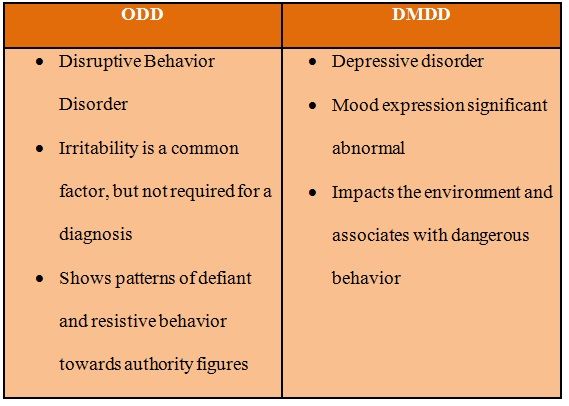
- Antisocial behavior.
- Legal problems.
- Impulse control problems.
- Substance use disorder.
- Suicide.
Many children and teens with ODD also have other mental health conditions, such as:
- Attention-deficit/hyperactivity disorder (ADHD).
- Conduct disorder.
- Depression.
- Anxiety disorders.
- Learning and communication disorders.
Treating these other mental health conditions may help reduce ODD symptoms. It may be difficult to treat ODD if these other conditions are not evaluated and treated appropriately.
Prevention
There's no sure way to prevent oppositional defiant disorder. But positive parenting and early treatment can help improve behavior and prevent the situation from getting worse.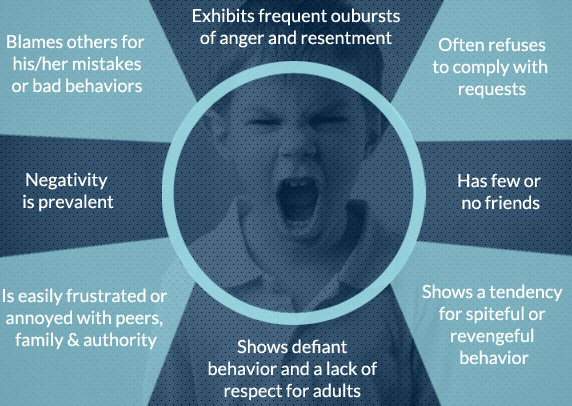 The earlier that ODD can be managed, the better.
The earlier that ODD can be managed, the better.
Treatment can help restore your child's self-esteem and rebuild a positive relationship between you and your child. Your child's relationships with other important adults in their life — such as teachers and care providers — also will benefit from early treatment.
By Mayo Clinic Staff
Related
Associated Procedures
Products & Services
90,000 In the UK, strange symptoms in children are linked to Covid-19 - EADaily, May 15, 2020 - Society. News, Europe NewsIn Britain and the United States, dozens of children have recently been affected by a rare inflammatory disease that doctors associate with a new coronavirus infection. According to the BBC, a small number of cases experienced serious complications, and some children required resuscitation.
It is noted that about 100 children in Britain have shown strange symptoms. According to studies, similar reactions took place in continental Europe.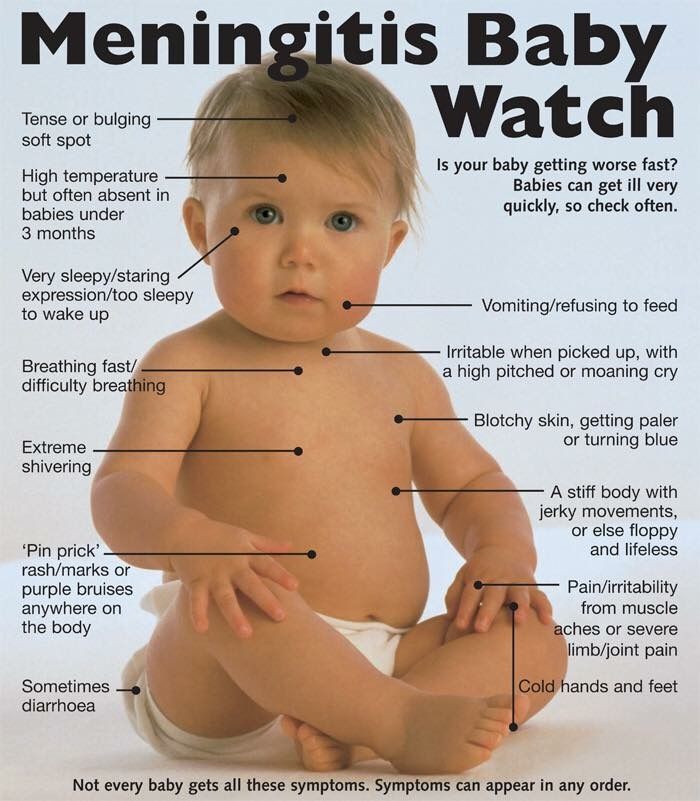 Doctors suggest that they are caused by a delayed immune response to a virus similar to the causative agent of Kawasaki disease. nine0003
Doctors suggest that they are caused by a delayed immune response to a virus similar to the causative agent of Kawasaki disease. nine0003
Kawasaki disease (also called Kawasaki syndrome) is a rare disease named after the Japanese doctor who first described it in 1967. It is characterized primarily by inflammation of the blood vessels, as well as rashes, swelling of the tonsils, and dryness of the lips, and affects almost exclusively children under the age of five.
In April, doctors from the UK National Health System were advised to look out for rare but dangerous illnesses in children after they were noted in eight underage patients in London. One 14-year-old teenager then died. All of them were treated at the Evelina Children's Clinic in London, and all had the same symptoms: high fever, rash, redness of the eyes, swelling, aches all over the body, the publication indicates. nine0003
Most of them did not have serious breathing problems, but seven of them were prescribed forced ventilation to improve heart function and blood circulation.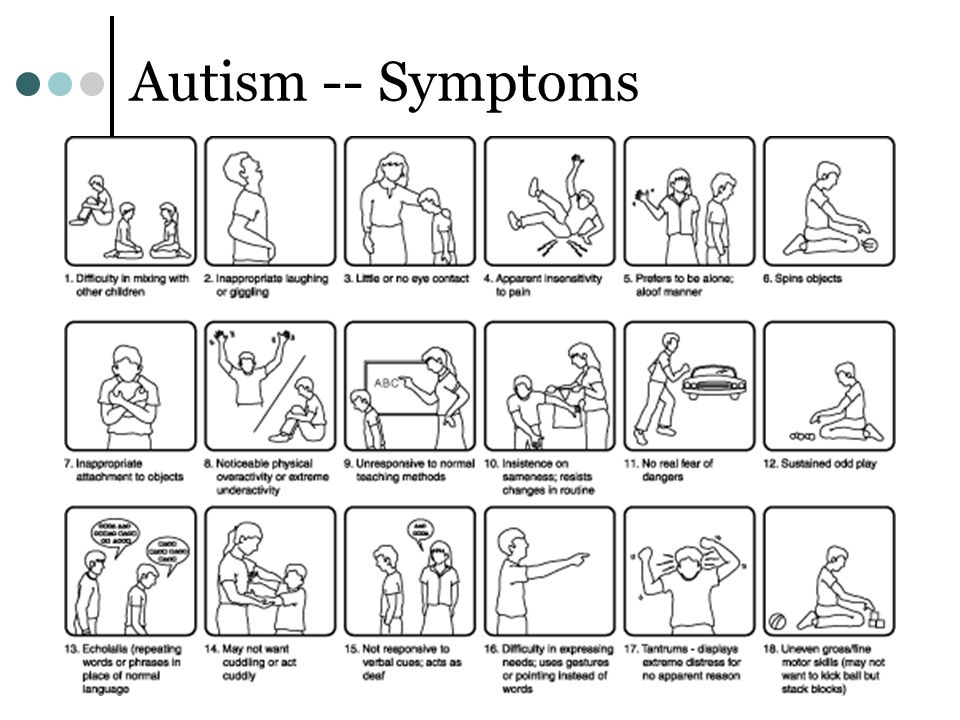 Doctors call it a new phenomenon similar to Kawasaki disease. However, unlike the latter, it affects not only preschoolers, but also adolescents under the age of 16, and in some cases causes severe complications.
Doctors call it a new phenomenon similar to Kawasaki disease. However, unlike the latter, it affects not only preschoolers, but also adolescents under the age of 16, and in some cases causes severe complications.
According to a medical practitioner and lecturer in pediatric infectious diseases and immunology at Imperial College London Liz Whittaker, The fact that the syndrome manifested itself in the midst of the coronavirus pandemic likely indicates a connection between the two phenomena.
“We are passing the peak of Covid-19, and in three or four weeks we are seeing the peak of a new disease. This makes us think that we are dealing with a post-infectious syndrome, probably associated with the accumulation of antibodies in the body, ”the expert believes.
President of the Royal College of Pediatrics and Child Health, Professor Russell Wiener points out that most children who develop these symptoms respond well to treatment and begin to be discharged home.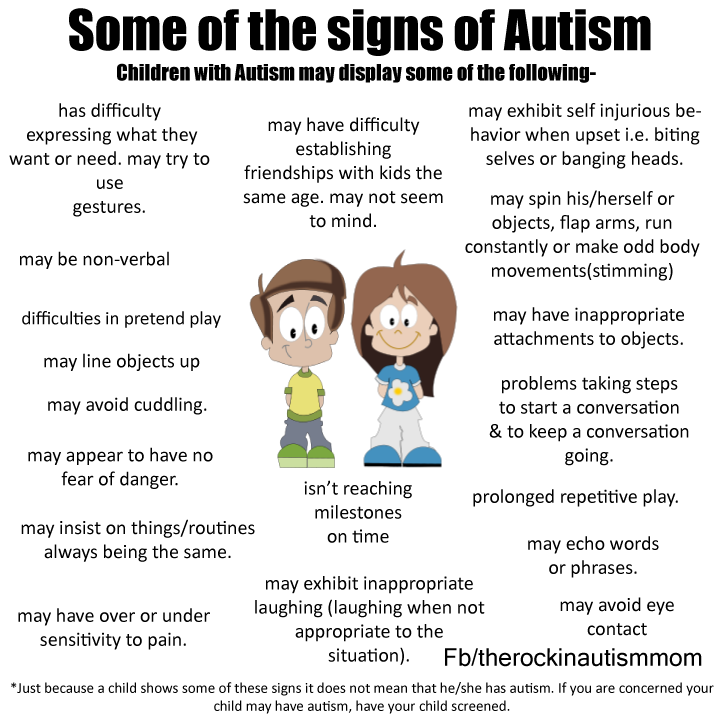 nine0003
nine0003
“The syndrome is still exceptionally rare and should not stop parents releasing their children from quarantine,” he said.
According to Prof. Wiener, studying this syndrome will help explain why some children have a hard time with Covid-19, while the majority do not become infected or are asymptomatic.
"Children account for 1-2% of coronavirus infections in the UK, and fewer than 500 of them required hospitalization," the BBC said.
EADaily recalls that according to the latest data, 233,700 people infected with coronavirus in Britain, 33,657 people died.
Autism in children - signs, symptoms, causes and diagnosis of childhood autism at the SM-Clinic for children and adolescents
Clinical manifestations of childhood autism are variable: in some cases, the symptoms may resemble mild forms of depression, in others they may look like serious ones psychical deviations. With careful attention to the baby, the earliest messengers of pathology can be seen already in infancy.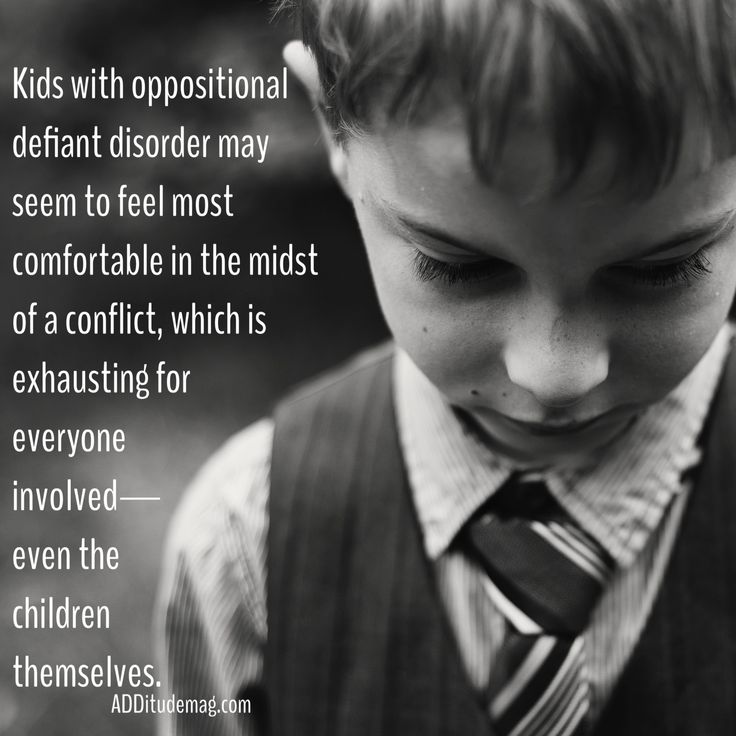 nine0003
nine0003
The first signs of autism in children at an early age are:
- refusal to touch - the child cries when he is picked up, turns away, bends, and calms down only after he is returned to the crib;
- passivity in response to parents' appeal, lack of attention, interest during adult communication;
- a sharp reaction to loud sounds;
- indifference to bright, rattling, whistling and squeaking toys with which adults try to entertain the child; nine0040
- indifference to standard toys, attempt to play with unsuitable objects.
As children grow older, symptoms of autism in children may include:
- absence of speech at the age of 1.5–3 years with a rich vocabulary and understanding of adult conversation;
- echolalia - uncontrolled copying and repeated repetition of sounds uttered by another person;
- perseveration - "getting stuck" on some phrase, word that the child constantly repeats, or emotions, or tasks, while the baby tirelessly ponders the idea that has swallowed him, but does not take any steps towards achieving the goal; nine0040
- refusal to comply with the game rules specified by adults or peers, and this refusal is not motivated by the personal decision of the baby, his disagreement, he simply does not understand why some settings and restrictions are needed;
- difficulty in perceiving other people's emotions: children with autism do not understand why other children laugh at some teacher's phrase or why a girl who has been pulled by a pigtail is crying; such children may not have access to humor, sarcasm, irony; nine0039 no response to own name;
- unwillingness to look directly into the eyes when communicating, answering or addressing, including in situations with parents or other close people;
- lack of fear, apprehension in life-threatening or health-threatening circumstances;
- tantrums, violent expressions of emotions when the usual environment changes, when strangers appear, etc.
 ;
; - restless, restless sleep with frequent awakenings. nine0040
Children with autism prefer to be alone, do not participate in group activities, it is difficult to force them to do something together with other children. They try to leave, hide where they will not be touched. Such children come up with their own games, incomprehensible to their peers, and constantly play them. From the side of people around, the movements of an autistic child may seem strange, devoid of meaning.
In many series and films that show the life of people with ASD, autistic characters are presented as strange but brilliant characters who avoid communication, offend others with their directness, but show excellent results in their professional activities. In life, unfortunately, everything is different: most often, children with autism develop mental retardation due to impaired functions of the cerebral cortex. Studying is given to them with difficulty, they are not able to understand the patterns, learn the rules, delve into the solution of the problem.